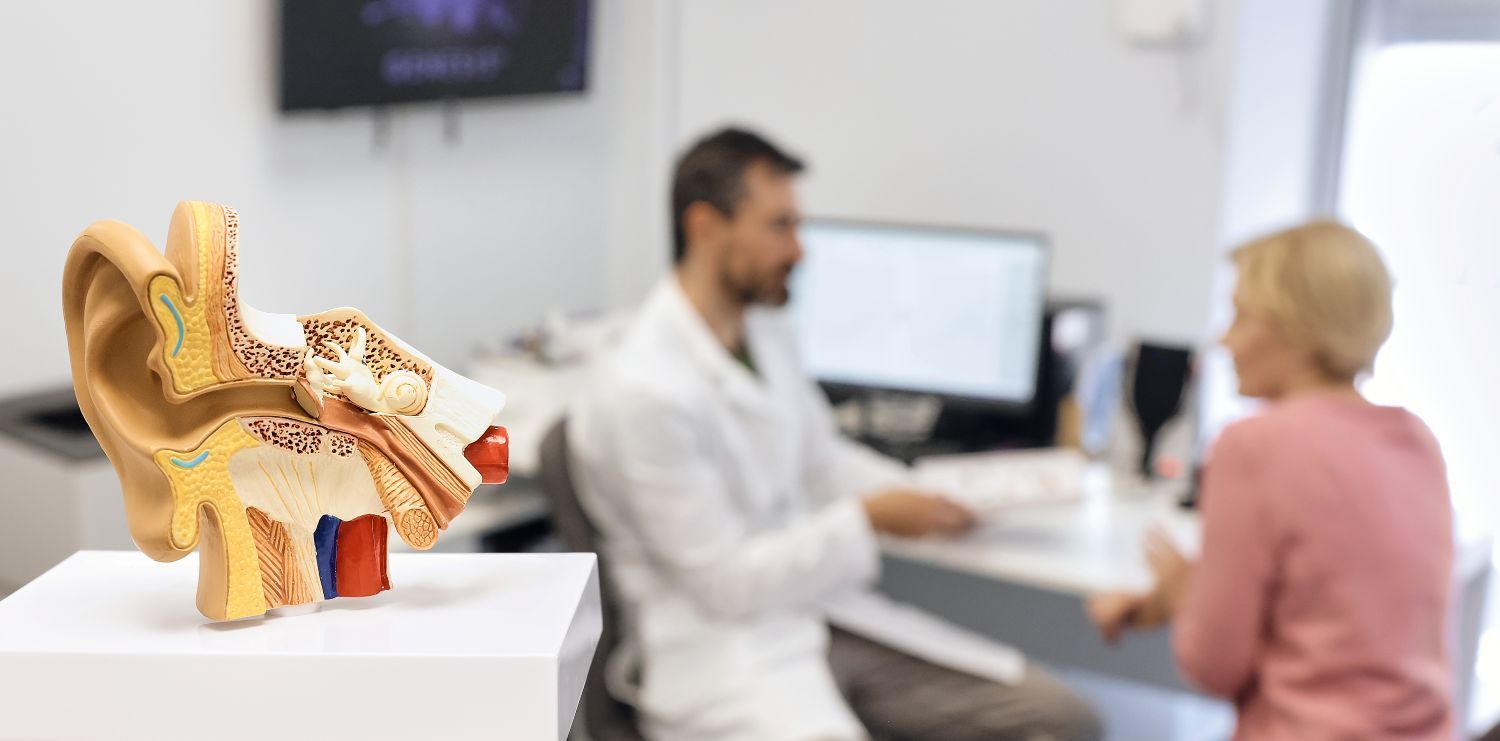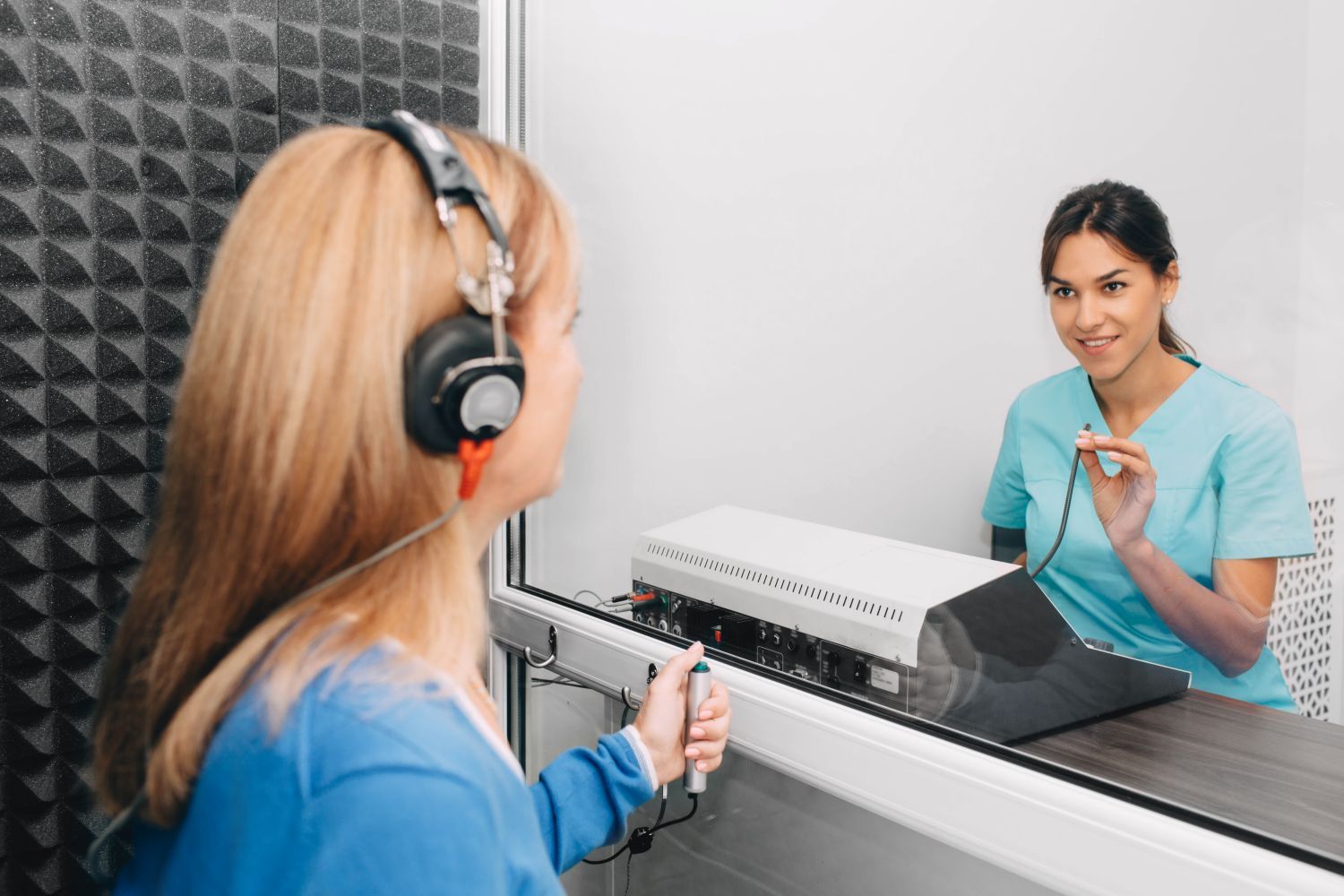Common Questions About Sinusitis
That nagging facial pressure, endless nasal congestion, and persistent headaches that won’t quit may signal sinusitis — a condition affecting 31 million Americans each year. This guide cuts through the confusion, providing clear answers to the most pressing sinusitis questions.
What Exactly Is Happening During Sinusitis?
Your sinuses are hollow spaces in your skull designed to produce mucus that traps germs. When these cavities become inflamed, the drainage system fails. The result? A painful mucus backup that feels like your face is in a vise.
Different Types of Sinusitis:
Sinusitis can vary in duration depending on the type:
- Acute: Short-term, often following a cold; lasts less than 4 weeks
- Subacute: Symptoms last for 4–12 weeks
- Chronic: Lasts for months, often triggered by allergies or nasal structural issues
- Recurrent: Occurs multiple times a year (4 or more episodes).
Did You Know? Weather changes, flying on planes, and even swimming can trigger sinus pressure for some people!
What Are the Common Symptoms of Sinusitis?
It can be tricky to tell whether you have sinusitis, but the National Institutes of Health (NIH) highlights these key symptoms to look out for:
- Stuffy nose – Constant congestion that doesn't seem to go away
- Difficulty breathing through the nose – Feeling like your nose is always blocked
- Reduced sense of smell – Things just don’t taste or smell like they should
- Facial pain and pressure – A heavy, uncomfortable feeling in your cheeks, forehead, or around your eyes
- Headache – A deep, throbbing pain often made worse by bending forward
- Thick, Discolored Mucus: Yellow or green mucus often means an infection.
- Toothache – Less common, but upper teeth pain often links to maxillary sinuses
Red Flag Symptoms: When to See a Doctor
If you experience any of the following, it’s time to call your ear, nose, and throat (ENT) doctor:
- High fever (102°F+)
- Eye swelling/vision changes
- Severe headache/stiff neck
How to Find Sinusitis Relief: The Survival Guide
At-Home Remedies
- Saline nasal rinses: Saline rinses flush out irritants (Use distilled water only!)
- Steam Therapy: Inhaling steam with a few drops of eucalyptus oil can help clear congestion.
- Hydration: Warm herbal teas thin mucus better than cold water.
- Sleep Smart: Sleeping with your head elevated can help with drainage.
Over-the-Counter Helpers:
- Pain: Try ibuprofen to reduce inflammation (better than acetaminophen).
- Congestion: If it’s bad, pseudoephedrine (behind the pharmacy counter) can help.
- Mucus Control: Guaifenesin (like Mucinex) can help loosen thick mucus.
Pro Tip: Avoid using nasal sprays for more than 3 days – they can lead to rebound congestion!
Medical Treatment Options for Sinusitis:
- Antibiotics: Only if a bacterial infection is confirmed by your doctor
- Steroid Nasal Sprays: Help reduce inflammation in chronic cases
- Allergy Testing: Helpful if allergies are the cause of your recurrent symptoms
- Surgery: Considered a last resort for structural problems
Is a Sinus Infection Contagious?
Sinusitis itself isn’t contagious, but the viruses or bacteria causing it can spread. If your sinusitis is due to a cold or flu, practice good hygiene (cover coughs, wash hands).
Can Sinusitis Lead to Other Complications?
While most cases of sinusitis resolve without major issues, untreated or severe sinus infections can lead to complications. In rare cases, the infection can spread to nearby structures, such as the eyes, leading to orbital cellulitis (an infection around the eye) or vision problems. It can also cause meningitis, which is an infection of the protective membranes around the brain and spinal cord. Chronic sinusitis may also lead to the development of nasal polyps, which can further obstruct the sinuses and cause ongoing issues. If you experience worsening symptoms or complications like fever, swelling, or severe headaches, it’s crucial to seek medical attention to prevent further problems.
FAQ: Quick Answers to Burning Questions
Q: Can sinusitis cause dizziness?
A: Yes! Inner ear pressure changes can disrupt balance.
Q: Why does my sinusitis keep coming back?
A: Common culprits include undiagnosed allergies, nasal polyps, or immune issues.
Q: Is that bad taste in my mouth from sinusitis?
A: Absolutely. Postnasal drip carries bacteria that cause halitosis.
Q: Can sinusitis be prevented?
A: Yes! You can reduce your risk by:
- Washing hands frequently to avoid infections
- Managing allergies with medications or avoiding triggers
- Using a humidifier to keep nasal passages moist
- Avoiding smoking and air pollutants
- Staying up to date with vaccines (flu, COVID-19, pneumococcal)
Sinus Relief in Connecticut
Understanding sinusitis means knowing when to treat it at home versus when to seek medical help. Don’t accept chronic sinus issues as "normal." If you have ongoing questions or need expert guidance, book an appointment with one of
our specialists at
ENT Medical and Surgical Group. We offer accurate diagnoses and personalized treatment plans. Call today to schedule your appointment!













